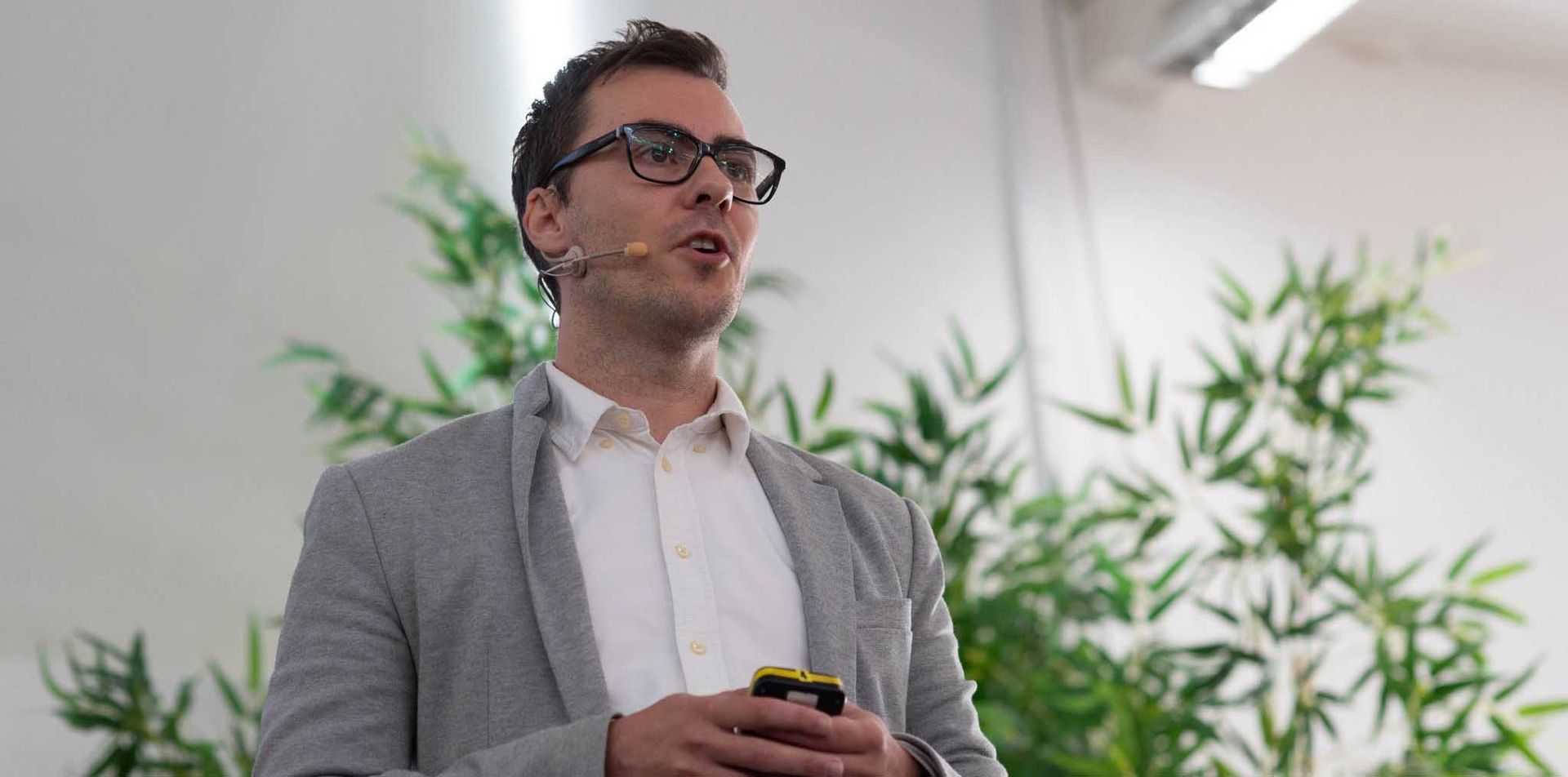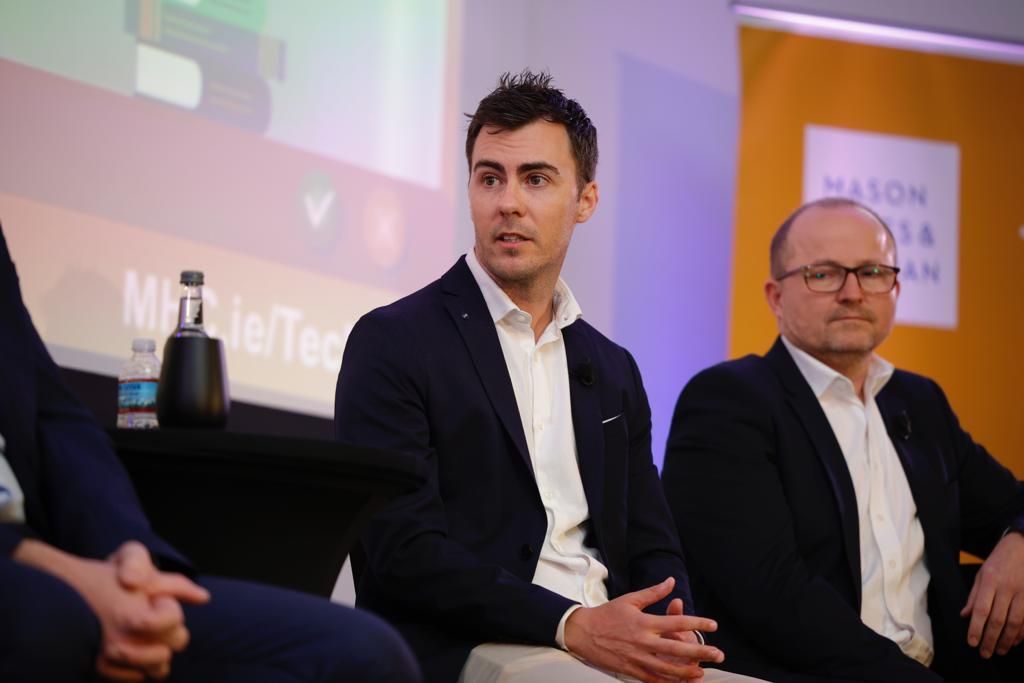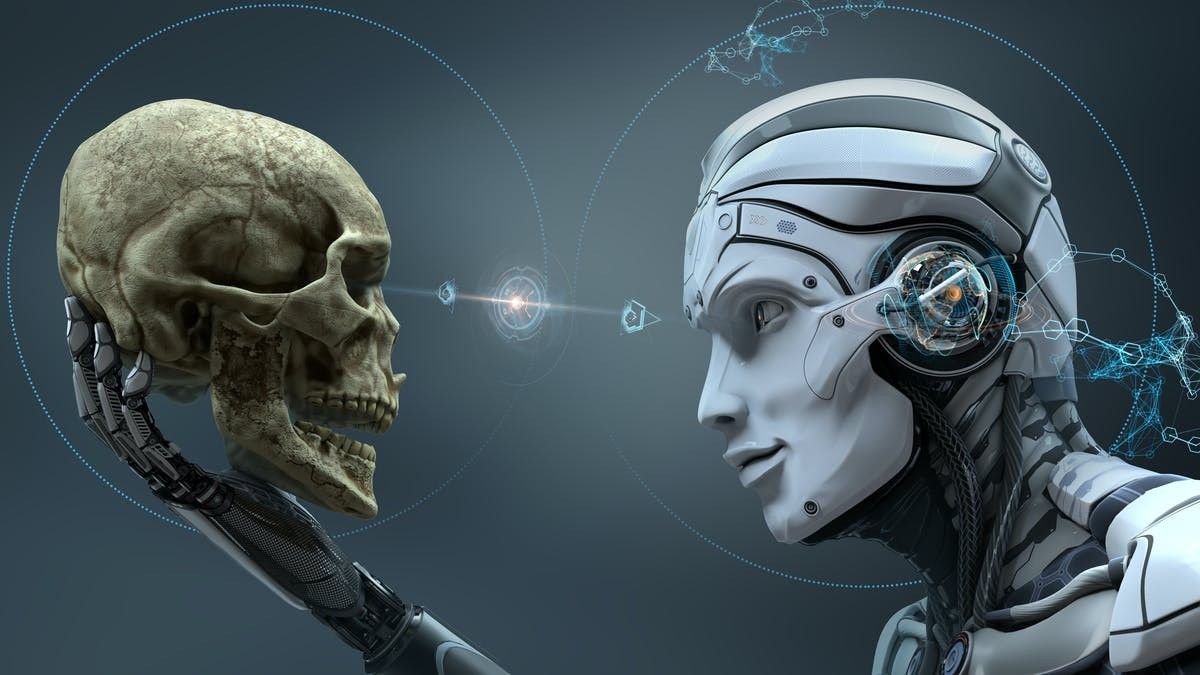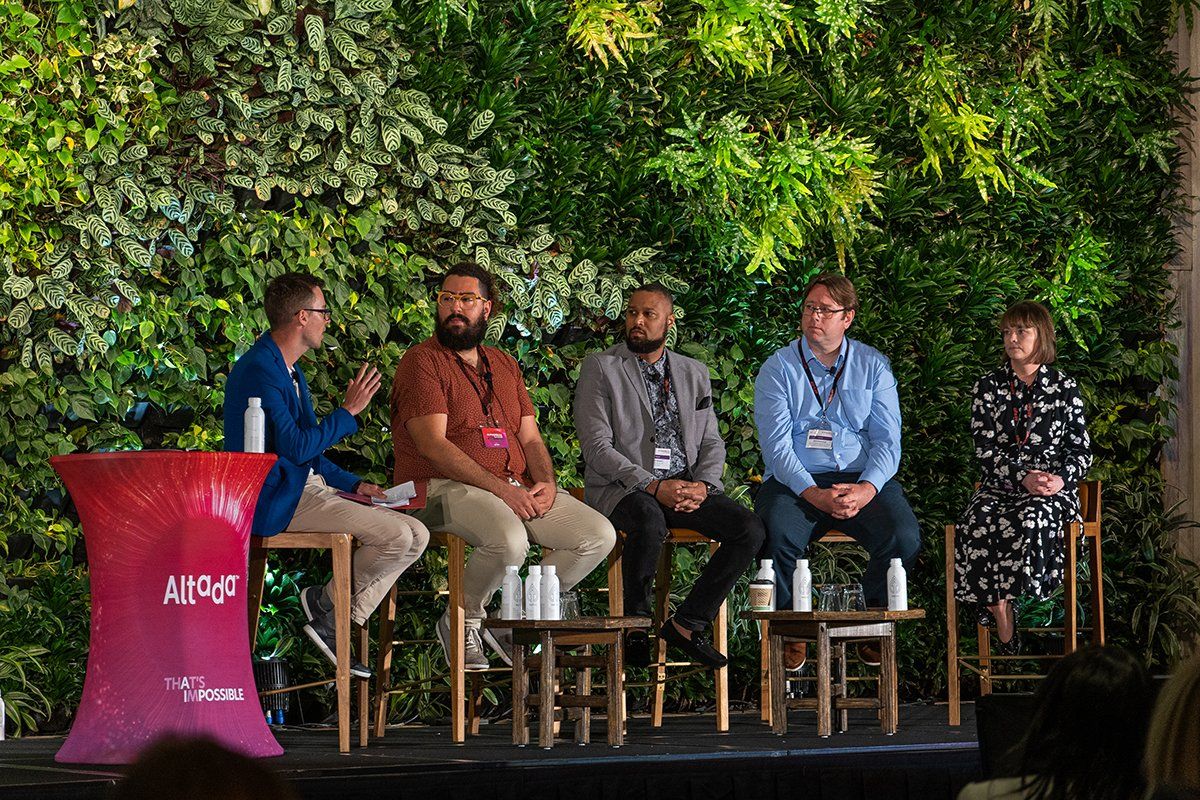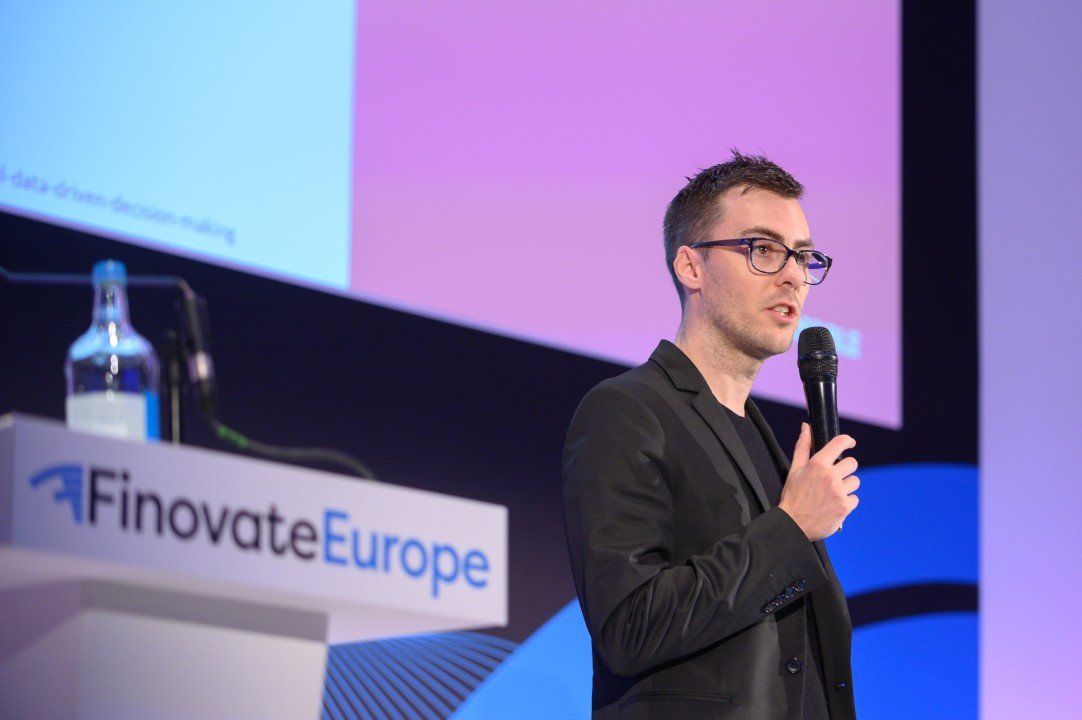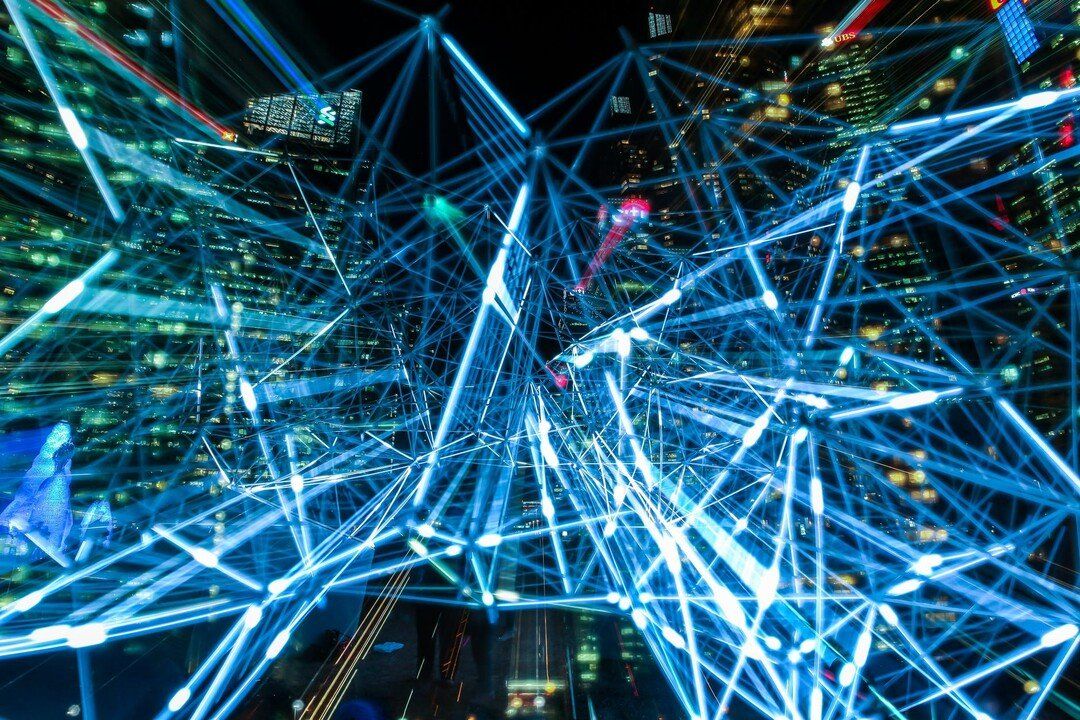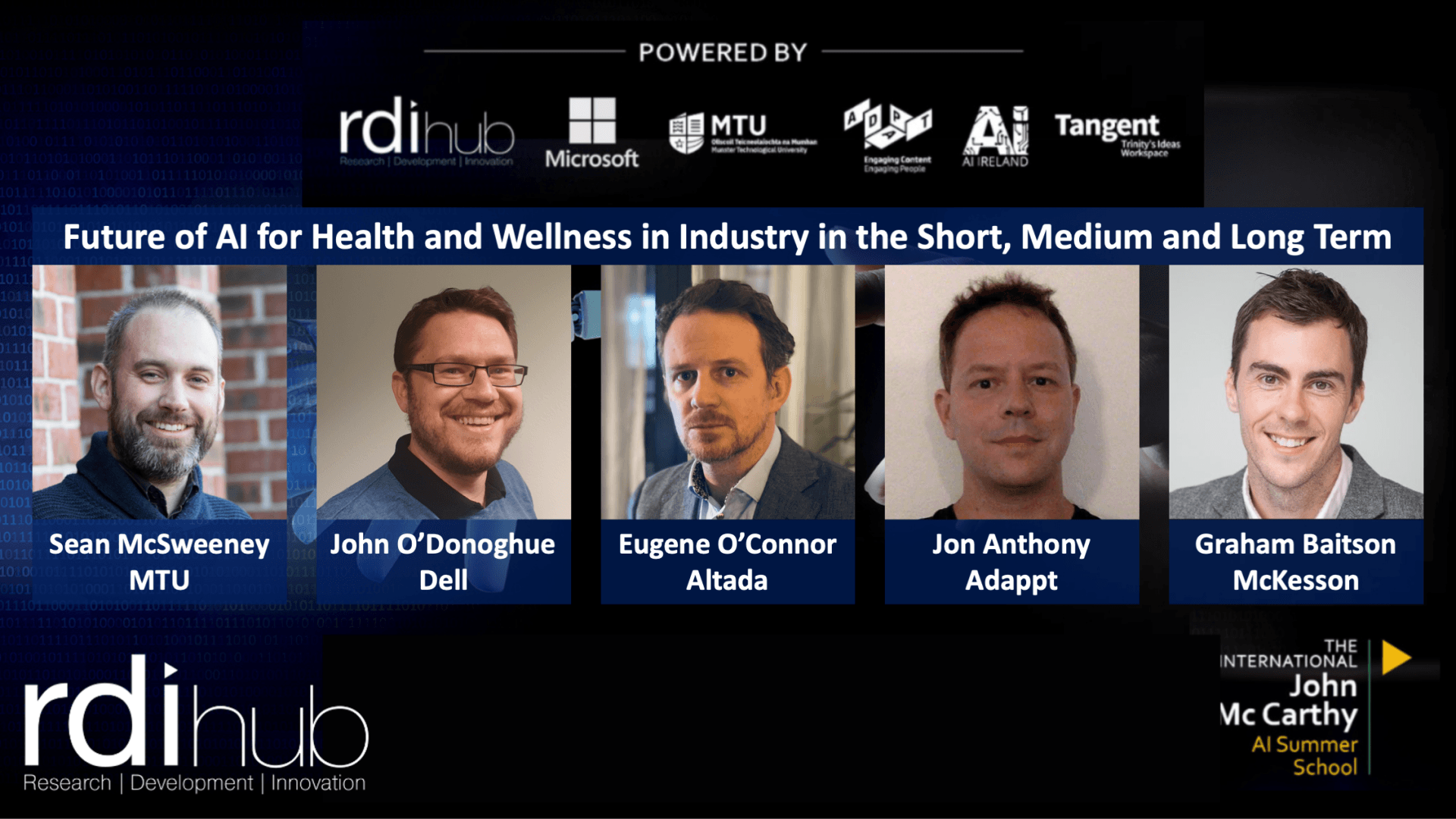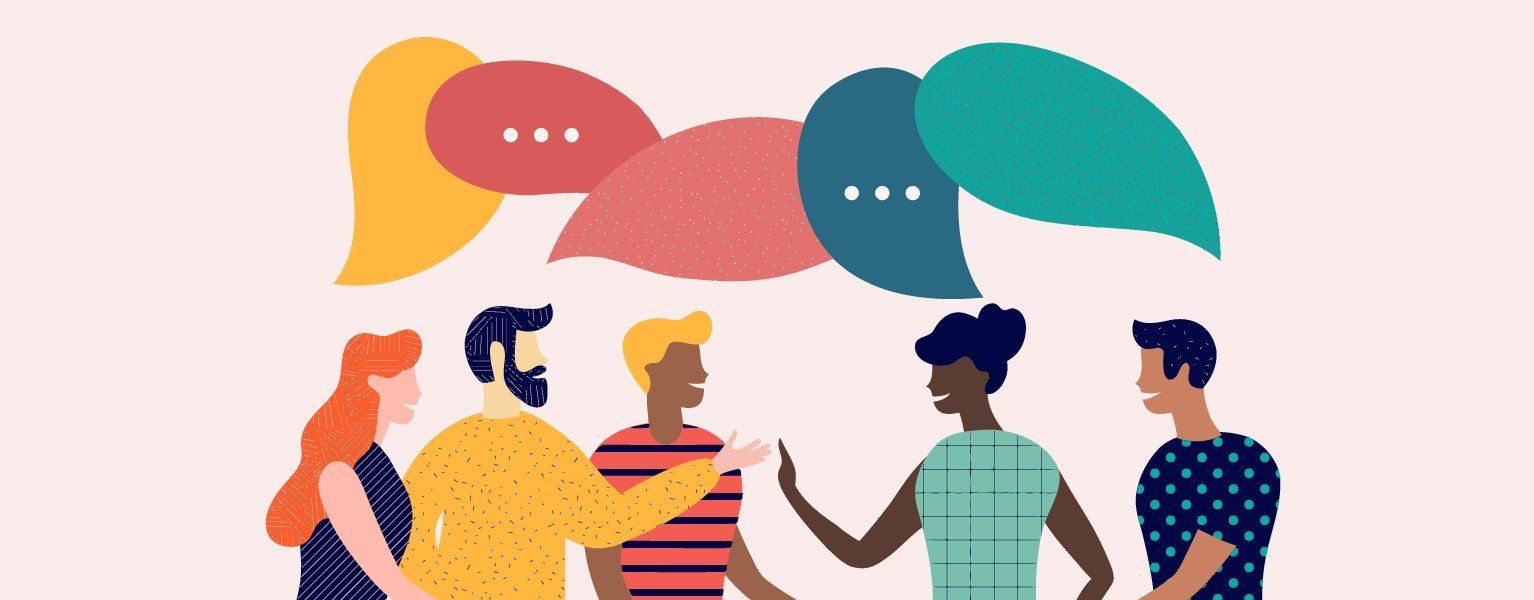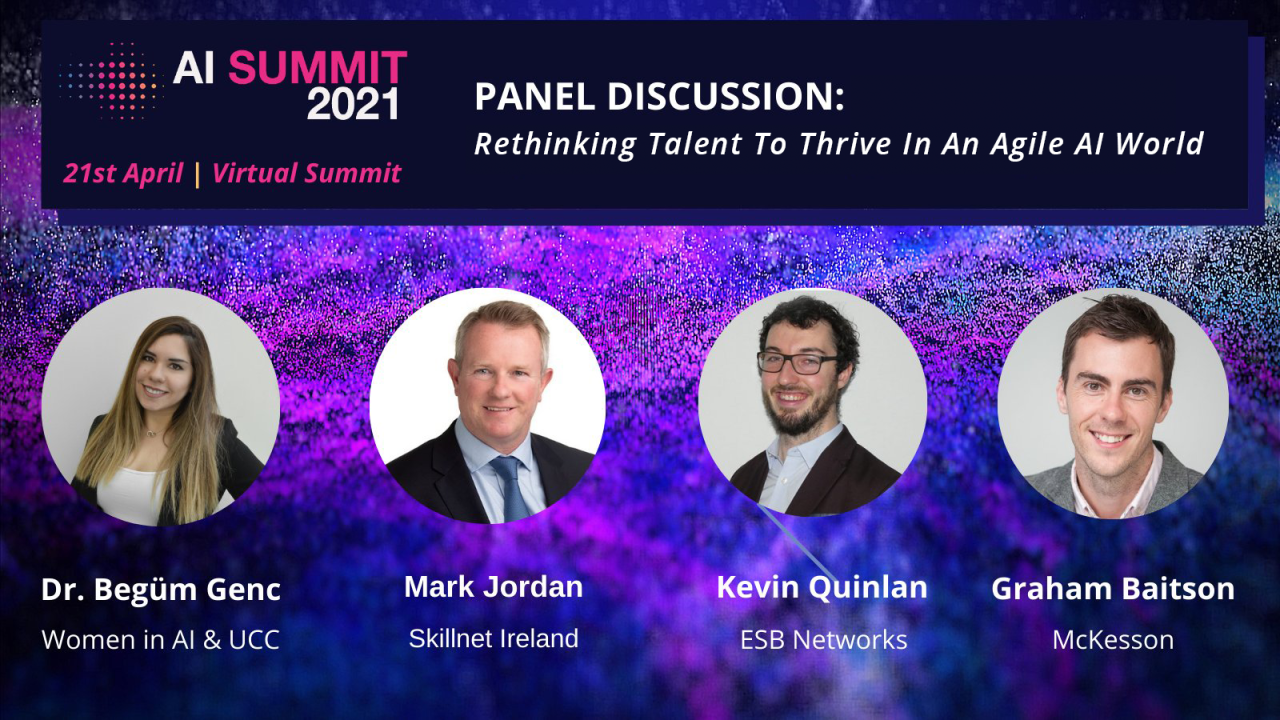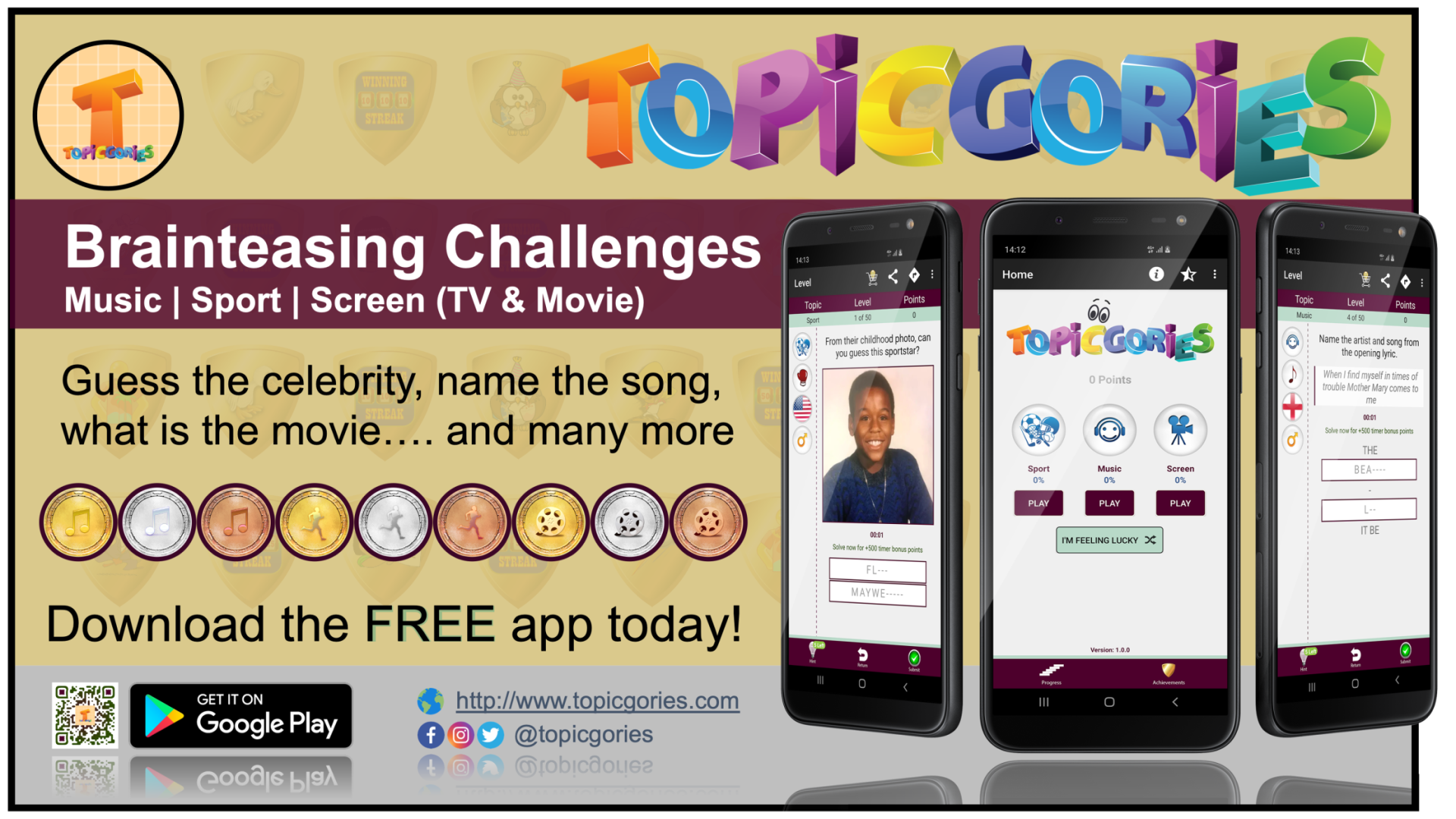Are Humans the Next Horse? The Rise of the Robots
6 minute read
Just over a week ago I attended the AI & Machine Learning Summit in Dublin and it was evident that we have now entered an era of unchartered territory. The science fiction of our youth, is no longer science fiction. The ‘robot revolution’ is on our doorstep and we need to start preparing. So should we pack our bags and head to the forest for a life of solitude, or should we hold up our welcome signs to the robot successors?
The Impact of the Industrial Revolutions
In Greek mythology, the Titan Prometheus had a reputation of being wise and gifted with foresight, a skill that was considered to be needed for the near future at the time. As the story goes, Prometheus, who was known to be quite the trickster, stole fire from the gods in order to equip mankind with the necessary tools that would make them formidable against the beasts of the earth. Fire allowed them to build civilisations by crafting weapons, cooking food and surviving the cold winters. Since this gift of fire was bestowed, mankind has been entering waves of innovations throughout their evolution to improve their standard of life. Let’s take a quick nosedive into the history of the disruptive innovation.
Steam Power - First Industrial Revolution (1784)
The steam engine was quite arguably the most crucial invention to the industrialisation of model civilisation. Horses were originally used to transport goods, but were quite expensive, limited in terms of the load they could carry and also required a lot of care to keep them in good shape (Whipps, 2008). The introduction of steam power gradually displaced the need for using horses, showing a decline of nearly 88% over the course of a half century (Brynjolfsson, E. & Mcafee, A., 2015) and resulted in a 0.5% salary increase between 1782 and 1857, higher employment rates and a 5% improvement in the standard of living between 1780 and 1850 (Feinstein, 1998).
Electricity & Mass Production - Second Industrial Revolution (1870)
A century later dawned the age of perhaps the most prolific period in terms of changes to the modern world. A new source of energy emerged (i.e. electricity, gas and oil), resulting in growing cities and the creation of factory jobs. Henry Ford, one of the most imperative inventors of the industrial revolutions, used this combination of energy to its full potential. Completely transforming transport, Ford created the Model T in 1908, a car that was powered by a gasoline engine and build within a factory assembly line. This period completely transformed people’s lives with the rapid advances in the creation of steel, chemicals and electricity resulting in better more comfortable lives and cheaper mass productions for tools, weapons, transport and media (Niiler, 2019).
Digital & Automation - Third Industrial Revolution (1969)
Stepping forward another century, advances in digital communications has forever changed the way we transmit information, how we do business and how we interact with each other (Niiler, 2019). With the emergence of yet another form of energy (i.e. nuclear) and the move from analog to digital, electronics and information technology began to automate production and take supply chains global (Trailhead, 2019).
AI – Fourth Industrial Revolution (2000+)
We are currently living through a revolution that has the ability to completely redefine who we are as humans. Humans are no longer distinct from technology, but are now augmented by technology, devices and sensors. There are endless possibilities to create unimaginable innovations by combining advanced biotechnology, robotics and artificial intelligence, to name but a few. In one of my previous articles, ‘Web Summit 2018 – My Best of the Rest’, I talked about autonomous vehicles and the ethical implications associated. All these technological advancements are challenging our interpretations of life and consciousness.
The Impact of AI on Future Growth
There is a common theory that history tends to repeat itself. If we look at the previous industrial revolutions, people were worried about losing jobs and “social critics were fearful about the loss of freedom, autonomy and independence being replaced by boredom and repetition” (Niiler, 2019). All of which were disproven at the fact that for the majority, each advancement in human evolution has brought with it better quality of life and more jobs. But what’s different this time around? Well this is the first time that we are potentially on the cusp of being the creators of own extinction.
"The development of full artificial intelligence could spell the end of the human race….. Humans, who are limited by slow biological evolution, couldn't compete, and would be superseded" – Professor Stephen Hawking
Technology is advancing faster than we can shake a stick at. Robots can now navigate through mazes, climb obstacles and do backflips (Youtube – Wired, 2018), whereas I struggle to do a burpee without fear of pulling a muscle. Netflix has a great film AlphaGo, which shows the progression of artificial intelligence in the quest to conquer the ancient Chinese boardgame Go, a boardgame that has more possible configurations than there are atoms in the observable universe (Netflix – AlphaGo, 2017) and has long been considered to be one of the most difficult challenges for AI. The HBO show Westworld then combines both the robotics and the AI to bring a face to the technology by showing what a world could look like when an AI Android becomes indistinguishable from a human. (HBO – Westworld, 2016).
There was two main themes which resonated across all talks from the AI Summit; education and ethics. Estimated to contribute to as much as $15.7 trillion to the global economy by 2030 (AISummit, 2019), how do we share preparing for this advancement in AI?
Education: Shift from Left-Brain to Right-Brain
It is becoming more and more apparent that we must concentrate and focus on preparing the youth of day for the careers of tomorrow. If you listen to Sir. Ken Robinson, he has done incredible work on trying to change the education paradigm in order to allow kids to flourish in what was predominantly a head-on approach to education. Not every child learns in the same way and the curriculum is not currently setup in a way to allow kids to flourish in their creative elements.
“The educational system needs to evolve from a predominantly focused left-brain curriculum to a right-brain one in order to allow for creative diversity in the future workforce” – Denis Canty, VP of Technology Labs, McKesson.
As we move towards the workforce of the future, it is becoming ever more critical to obtain the most from a child’s natural interests and ability. These creative and innovative elements will be crucial to a sustainable workforce and being able to work alongside the AI of the future. In addition to being able to identify patterns and anomalies, one of the biggest benefits that machine leaning (ML) and AI bring is the ability to perform low-level repetitive and tedious tasks. Therefore jobs that purely rely on these types of tasks will most definitely be displaced with the advancements in technologies, but on the other hand, it will alleviate humans to focus on more higher-level functions and meaningful tasks.
“The jobs of the future will be high tech and high touch... and the soft skills of today (e.g. creativity, empathy, leadership), will be the hard skills of tomorrow” - Paul Healy, Chief Executive of Skillnet Ireland.
Ethics: Does AI Have a Face?
For the first time in history, technology is touching almost everyone’s lives. As a result, it is becoming impossible to predict what type of impact these advancements are going to have on humankind.
“AI today is becoming less of a technology problem and more of a humanities problem... what is the environmental cost of AI” – Barry O’Sullivan, Founding Director, Insight, UCC.
There are a number of research studies done around the debate of whether modern technology will have a positive or negative effect on the health, well-being and future of humans. With almost everything we use in everyday life, there’s an option to use it for good or use it for bad. It is inevitable that there will be consequences of AI that will have a negative impact but it is critical that ethics is embedded and at the forefront of the development of the applications that are created.
“Our generation has inherited more opportunities to transform the world than any other. That’s a cause for optimism, but only if we’re mindful of our choices” - Erik Brynjolfsson and Andrew McAfee, The Second Machine Age
Final Thoughts
A common outcome from each of the previous revolutions is one of major societal transformations. With each new wave of inventions comes a fundamental change on how people live, work and communicate. We are currently taking part in what seems to be an exponential advancement of technology that is distorting the boundary of our biological, digital and physical worlds. AI can now diagnose medical conditions with higher accuracy than experts, navigate cars with less chance of being involved in a collision and have a conversation with us as if they were a human. Back in 2017, Facebook had to stop an experiment as two of their artificial intelligence chatbots seemed to start talking to each other using language that only they could understand.
We are moving at pace towards the singularity; the moment where artificial intelligence bypasses that of human intelligence. Will we ever get there and how will we know when this happens? It is becoming more and more impossible to predict how this one is going to turn out. Looking back just over 10 years ago, there was no iPhone, no Instagram, no Spotify. A decade in current technology terms has now become a portion of time where literally anything could happen. There’s uncertainty on agreement between the worlds brightest minds. Yes, certain tasks will be automated. Yes, certain jobs will be lost. Yes, certain professions will become redundant. But with this change will come great opportunity. A chance to understand what it is that truly makes us human.
Until next time, I hope you enjoyed the read. GB
References
- Brynjolfsson, E. & Mcafee, A. (2015). Will humans go the way of horse labor?. Available at: https://www.dallasnews.com/opinion/commentary/2015/10/09/brynjolfsson-and-mcafee-will-humans-go-the-way-of-horse-labor. [Accessed 17 March 2019]
- The Dualarity (2016). The Industrial Revolution 4.0. Available at: https://www.thedualarity.com/industrial-revolution-4-0-2/. [Accessed 9 March 2019]
- Feinstein, C. (1998). Pessimism Perpetuated: Real Wages and the Standard of Living in Britain during and after the Industrial Revolution. The Journal of Economic History, 58(3), 625-658. [online] JSTOR. Available http://www.jstor.org/stable/2566618 [Accessed 27 Nov. 2017].
- Figure Cover: https://www.youtube.com/watch?v=7c_XO3Ouzts
- HBO – Westworld (2016). Westworld. Available at: https://www.hbo.com/westworld. [Accessed 15 November 2017].
- Netflix – AlphaGo (2017). AlphaGo. Available at: https://www.netflix.com/ie/title/80190844. [Accessed 14 March 2019).
- Niiler, E. (2019). How the Second Industrial Revolution Changed Americans' Lives. Available at: https://www.history.com/news/second-industrial-revolution-advances. [Accessed 16 March 2019].
- Sentryo (2017). The 4 Industrial Revolutions. Available at: https://www.sentryo.net/the-4-industrial-revolutions/. [Accessed 9 March 2019]
- Simon, Herbert A. (1986). The Steam Engine and the Computer: What Makes Technology Revolutionary. EDUCOM '86 Conference, November 12, 1986. Available online at: http://digitalcollections.library.cmu.edu/awweb/awarchive?type=file&item=34057
- Trailhead (2019). Meet the Three Industrial Revolutions. Available at: https://trailhead.salesforce.com/en/content/learn/modules/learn-about-the-fourth-industrial-revolution/meet-the-three-industrial-revolutions. [Accessed 9 March 2019].
- YouTube - Wired (2008). How Boston Dynamic’s Robots Became Internet Favorites | WIRED. Available at: https://www.youtube.com/watch?v=hMtABzjslXA [Accessed 9 March 2019]
- Whipps, Heather. (2008). How the Steam Engine Change the World. Available at: https://www.livescience.com/2612-steam-engine-changed-world.html. [Accessed 9 March 2019]
